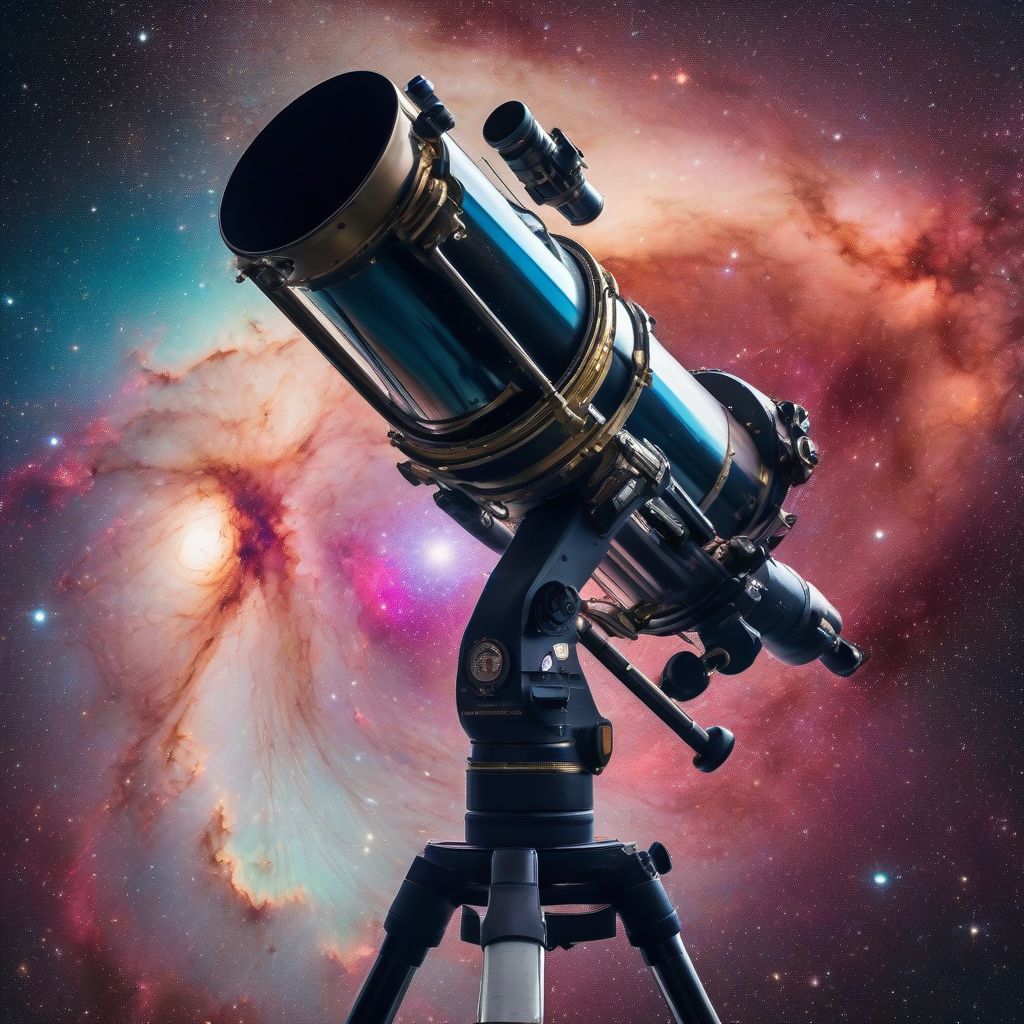Have you ever gazed up at the night sky and felt a sense of wonder, curiosity, and perhaps a touch of awe? The vast expanse above us, sparkling with stars and planets, has captivated humankind since the dawn of time. Our ancestors looked to the heavens for guidance, weaving stories about constellations and celestial events. This fascination with the cosmos, ingrained in our very nature, ultimately led us to the pursuit of space exploration, a journey that continues to redefine our understanding of the universe and our place within it.
Unraveling Cosmic Mysteries: What We’ve Learned Beyond Earth
Space exploration is more than just launching rockets and sending astronauts into orbit; it’s about pushing the boundaries of human knowledge. Every mission, every observation, every piece of data beamed back to Earth from spacecraft millions of miles away contributes to a grander picture of the universe, its origins, and its workings. Here’s how this extraordinary endeavor is shaping our cosmic perspective:
1. Unveiling the Secrets of Our Solar System
Our journey begins right here in our cosmic neighborhood, the solar system. Through robotic probes and telescopes, we’ve explored planets, moons, asteroids, and comets, unraveling their unique compositions, atmospheres, and histories.
- Mars: The red planet has been a focal point of exploration, with rovers like Curiosity and Perseverance tirelessly searching for signs of past or present life and paving the way for future human missions.
- Jupiter and Saturn: Gas giants that have revealed stunning atmospheric features, intricate ring systems, and a treasure trove of diverse moons, some of which, like Europa and Enceladus, harbor vast subsurface oceans that might hold potential for life.
- Pluto: Once considered the ninth planet, its reclassification as a dwarf planet didn’t diminish its significance. The New Horizons mission unveiled a surprisingly geologically active world with icy mountains and vast plains.
These discoveries, along with countless others, have not only expanded our knowledge of the solar system but have also provided valuable insights into the formation and evolution of planetary systems beyond our own.
2. Probing the Depths of the Universe: Expanding Our Cosmic Horizons
Space telescopes, such as Hubble and the recently launched James Webb Space Telescope, act as our eyes on the universe, peering into the distant past and revealing breathtaking vistas of celestial objects and phenomena.
- Distant Galaxies: We’ve observed galaxies billions of light-years away, providing snapshots of the early universe and offering clues about galaxy formation and evolution.
- Black Holes: Once theoretical constructs, we now have compelling evidence of these gravitational behemoths lurking at the centers of galaxies, warping spacetime and influencing the evolution of the universe.
- Exoplanets: The discovery of thousands of planets orbiting other stars has revolutionized our understanding of planetary systems and the potential for life beyond Earth.
These observations have fundamentally changed our perception of our place in the cosmos. We are not isolated on a solitary planet but part of a vast and interconnected universe teeming with galaxies, stars, and perhaps even other forms of life.
3. The Quest for Life Beyond Earth: Are We Alone?
Perhaps the most profound question that space exploration seeks to answer is: Are we alone in the universe? The search for extraterrestrial life, whether in the form of microbes or advanced civilizations, drives many missions and scientific endeavors.
- Astrobiology: This interdisciplinary field combines principles of biology, astronomy, and geology to investigate the origins, evolution, and distribution of life in the universe.
- Biosignatures: Scientists are developing sophisticated instruments to detect signs of life on other planets, such as the presence of specific gases in their atmospheres or evidence of liquid water.
While we haven’t found definitive proof of extraterrestrial life yet, the continued exploration of potentially habitable environments, such as Mars and the icy moons of Jupiter and Saturn, keeps the search alive and fuels our collective imagination.
 Distant Galaxy Exploration
Distant Galaxy Exploration
The Ripple Effect: How Space Exploration Impacts Us Here on Earth
The pursuit of understanding our universe extends far beyond satisfying our innate curiosity; it has tangible benefits that ripple through our lives here on Earth.
1. Technological Advancements: From Space to Our Fingertips
The challenges of space exploration have driven innovation across countless fields, leading to technological advancements that we now take for granted.
- Computing: The need for powerful and compact computers for spacecraft navigation and data analysis led to advancements in microprocessing, which ultimately revolutionized personal computers and mobile devices.
- Medical Imaging: Techniques developed to process images from space telescopes have found applications in medical imaging, leading to more accurate diagnoses and treatments.
- GPS and Communication: Satellite technology, initially developed for space exploration, forms the backbone of global positioning systems (GPS), communication networks, and weather forecasting, connecting people and information across the globe.
2. Environmental Monitoring: A Global Perspective
From space, we gain a unique vantage point to observe our own planet, monitor its health, and understand the interconnectedness of Earth’s systems.
- Climate Change: Satellites provide crucial data on rising sea levels, deforestation rates, and atmospheric changes, helping us track the impacts of climate change and develop strategies for mitigation.
- Natural Disaster Response: Space-based systems aid in predicting and monitoring natural disasters such as hurricanes, earthquakes, and volcanic eruptions, enabling faster response times and potentially saving lives.
3. Inspiring Future Generations: Reaching for the Stars
Perhaps one of the most significant impacts of space exploration is its ability to inspire future generations.
- STEM Education: The excitement and wonder of space exploration ignite a passion for science, technology, engineering, and mathematics (STEM) in young minds, encouraging them to pursue careers in these fields.
- International Collaboration: Space exploration often transcends national borders, fostering collaboration and cooperation between nations, promoting a shared sense of purpose and achievement.
Conclusion: A Journey of Discovery with No End in Sight
Space exploration is a testament to human ingenuity, curiosity, and the relentless pursuit of knowledge. It’s a journey that has taken us from our humble beginnings on Earth to the very edge of the observable universe. As we continue to explore the cosmos, we uncover not only the mysteries of the universe but also profound insights into ourselves, our place in the grand scheme of things, and the possibilities that lie ahead. Each new discovery raises more questions, urging us to push further, innovate, and dream bigger. The quest to understand our universe is an ongoing saga, an epic adventure that inspires us, connects us, and reminds us of the boundless potential of the human spirit.
So, the next time you look up at the night sky, remember that you are looking at a universe teeming with wonders, waiting to be explored. Who knows what incredible discoveries await us in the future?
[amazon bestseller=”telescope”]
